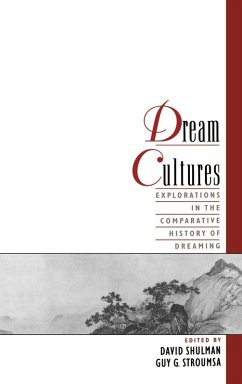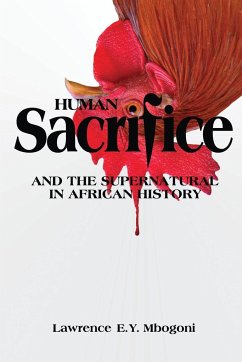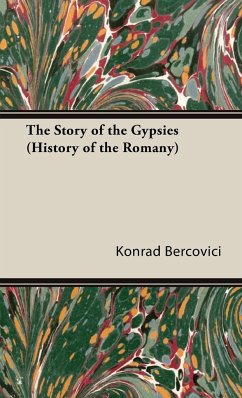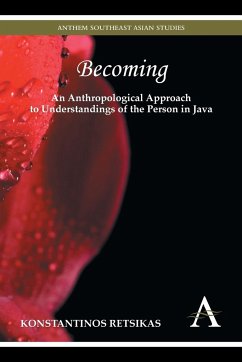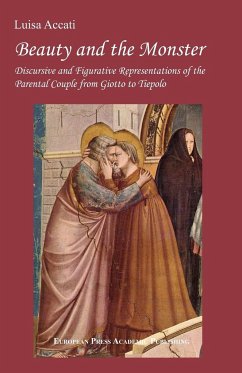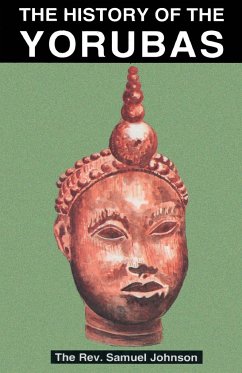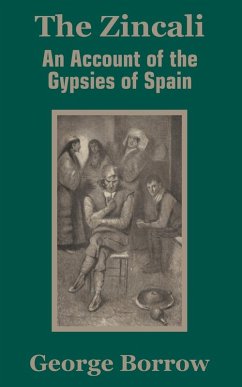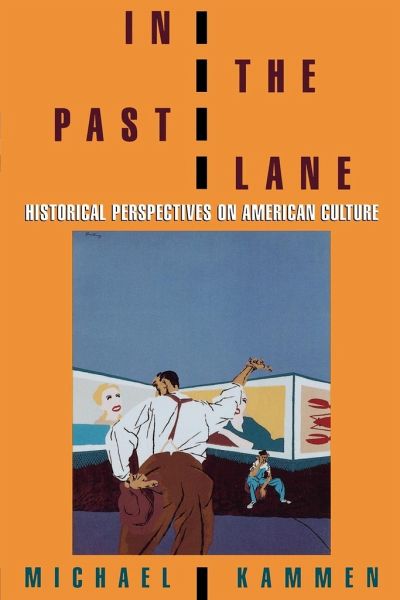
In the Past Lane
Historical Perspectives on American Culture

PAYBACK Punkte
44 °P sammeln!
Michael Kammen is widely regarded as one of our most important -- and most diversely talented -- cultural historians. David Brion Davis has said, "No other historian of (his) generation has such a broad and concrete grasp of 'American culture' in all its manifestations, from constitutional law to formal painting and popular culture". This engaging volume stands as rich and compelling evidence of that assertion. In the Past Lane collects writings from a span of more than ten years, covering the broad spectrum of Kammen's recent interests. Essay topics include the role of the historian, the rela...
Michael Kammen is widely regarded as one of our most important -- and most diversely talented -- cultural historians. David Brion Davis has said, "No other historian of (his) generation has such a broad and concrete grasp of 'American culture' in all its manifestations, from constitutional law to formal painting and popular culture". This engaging volume stands as rich and compelling evidence of that assertion. In the Past Lane collects writings from a span of more than ten years, covering the broad spectrum of Kammen's recent interests. Essay topics include the role of the historian, the relationship between culture and the State, uses of tradition in American commercial culture, American historical art, memory distortion in American history, the contested uses of history in American education, and others. The book wilt be seen as an important contribution to Kammen's wide-ranging scholarship -- and to American cultural history proper.





